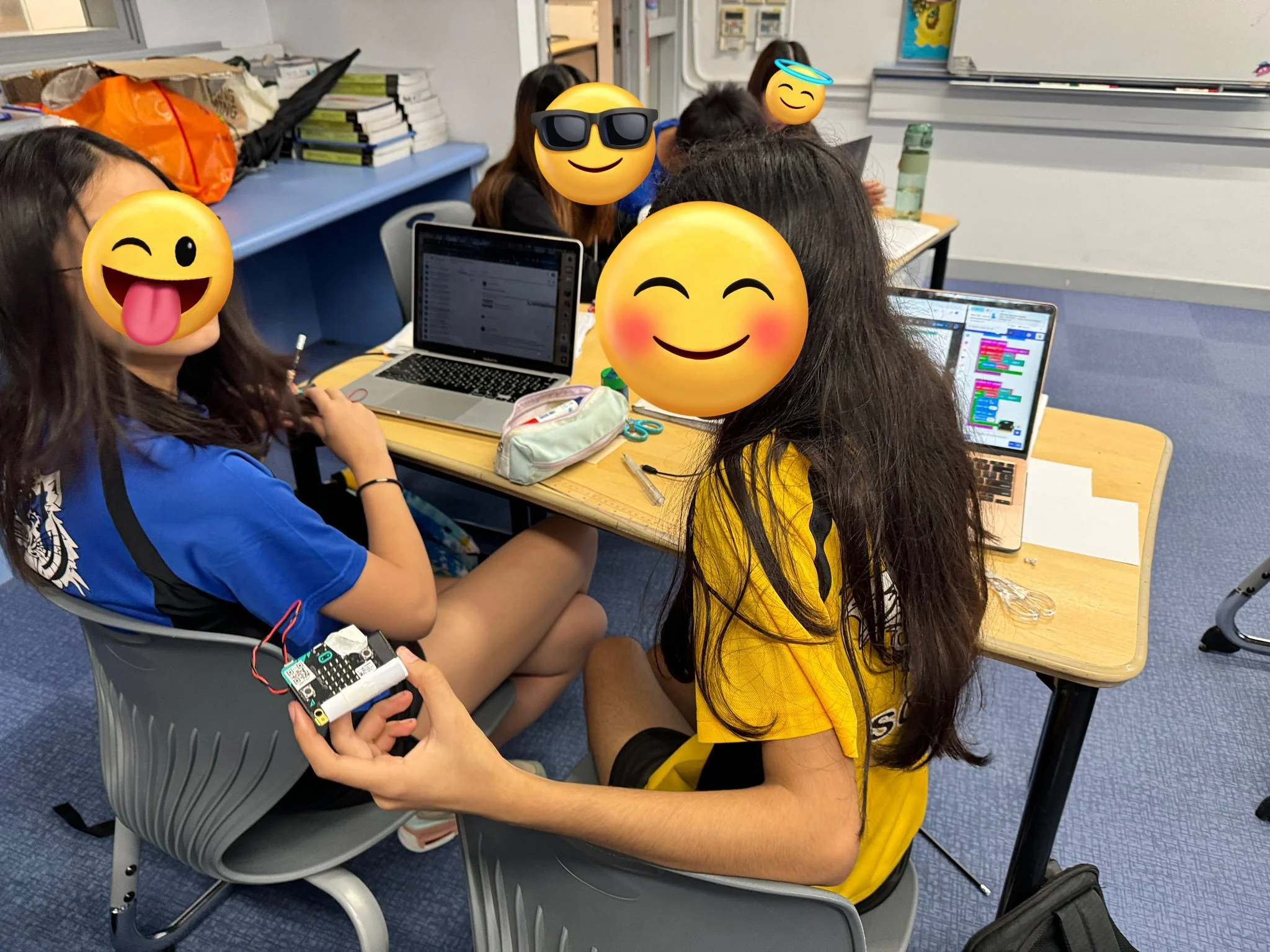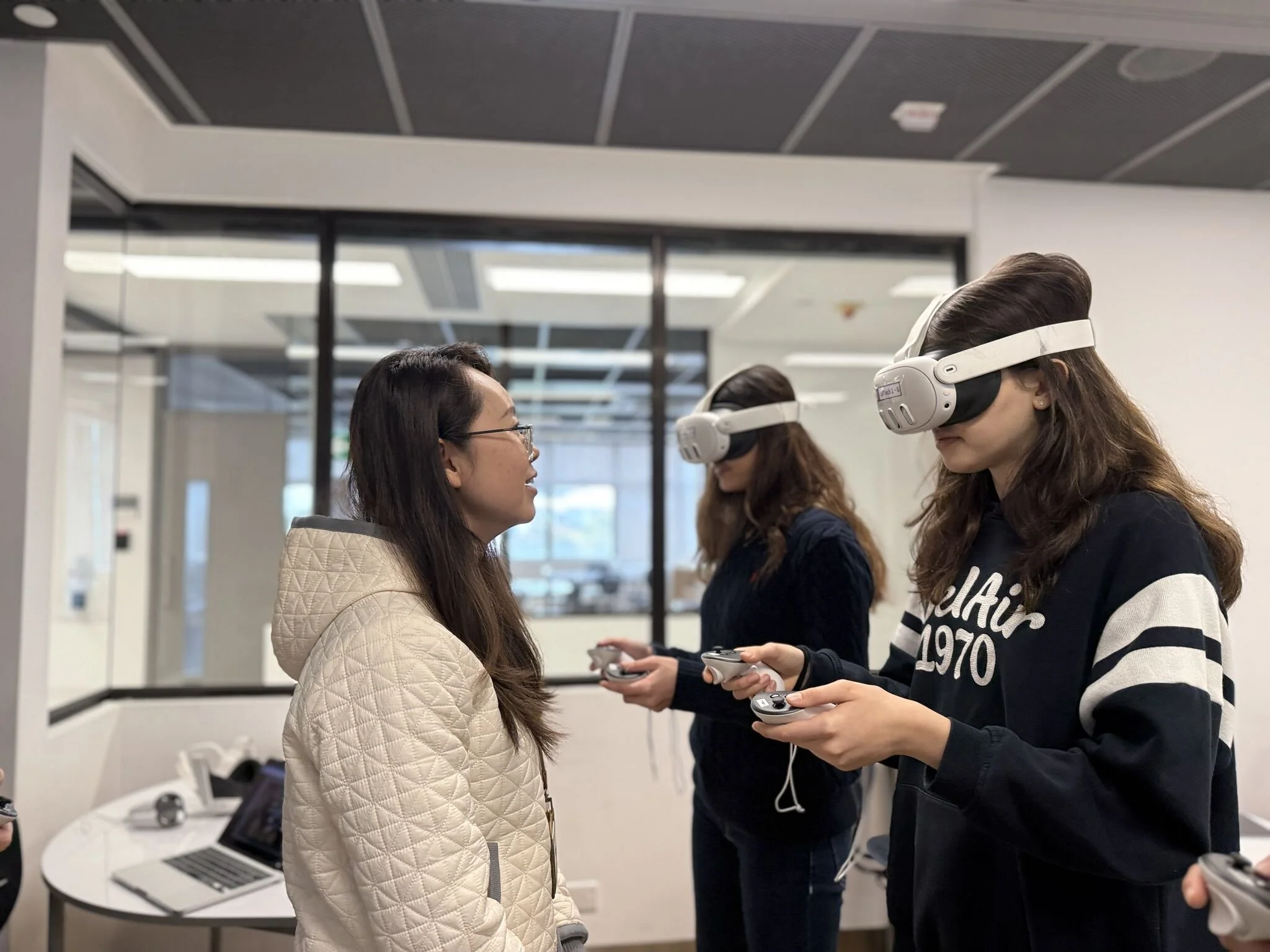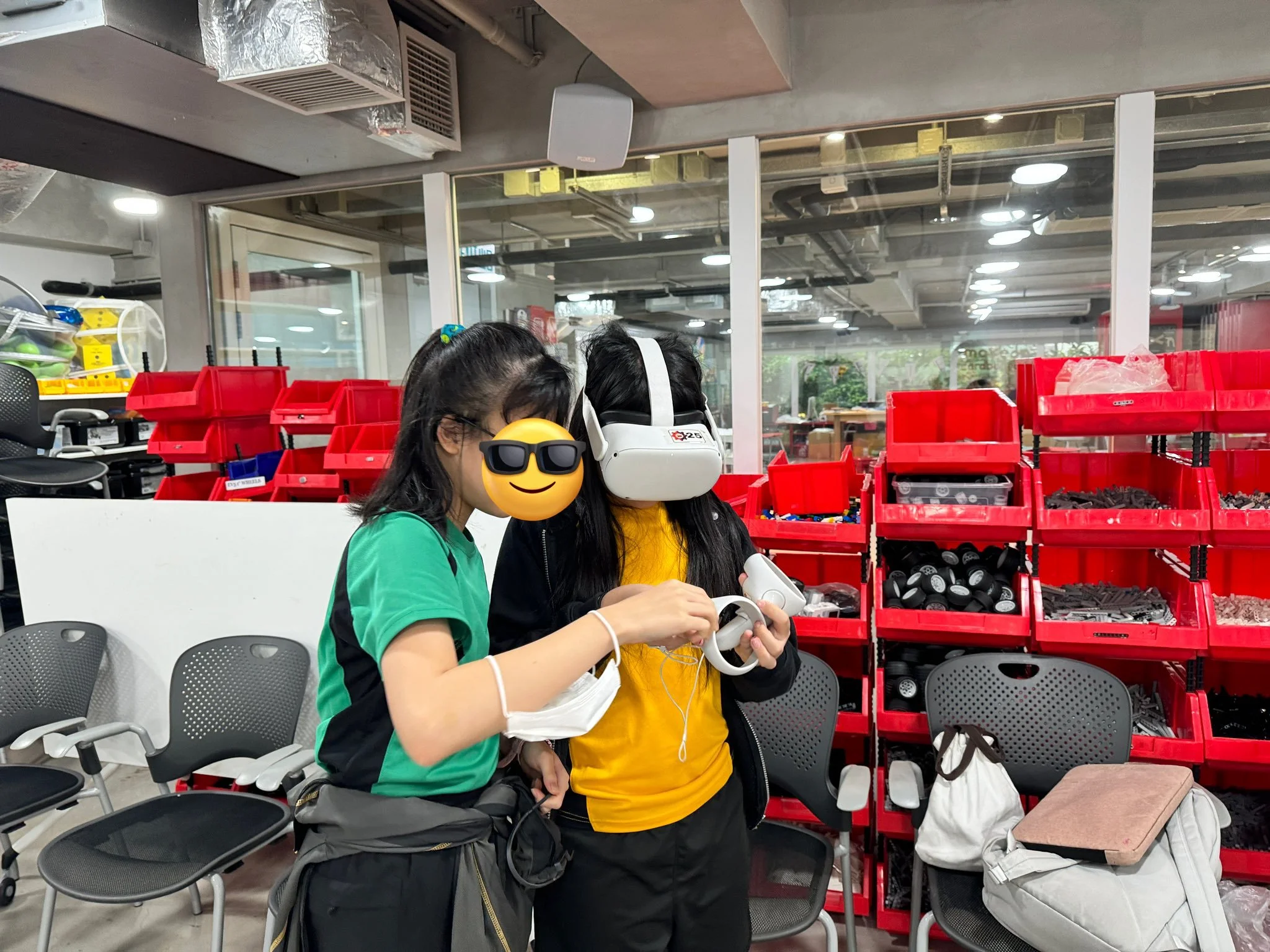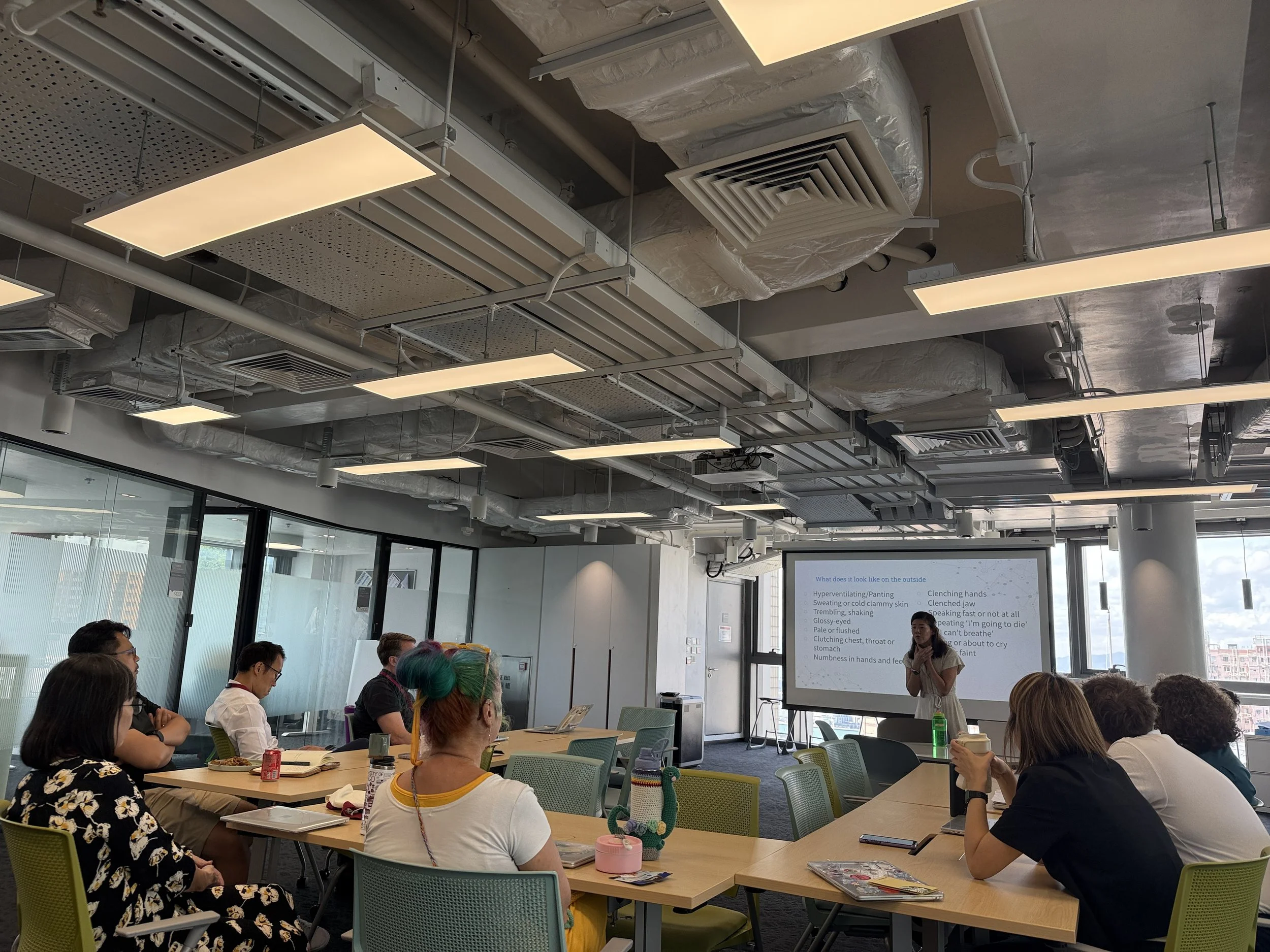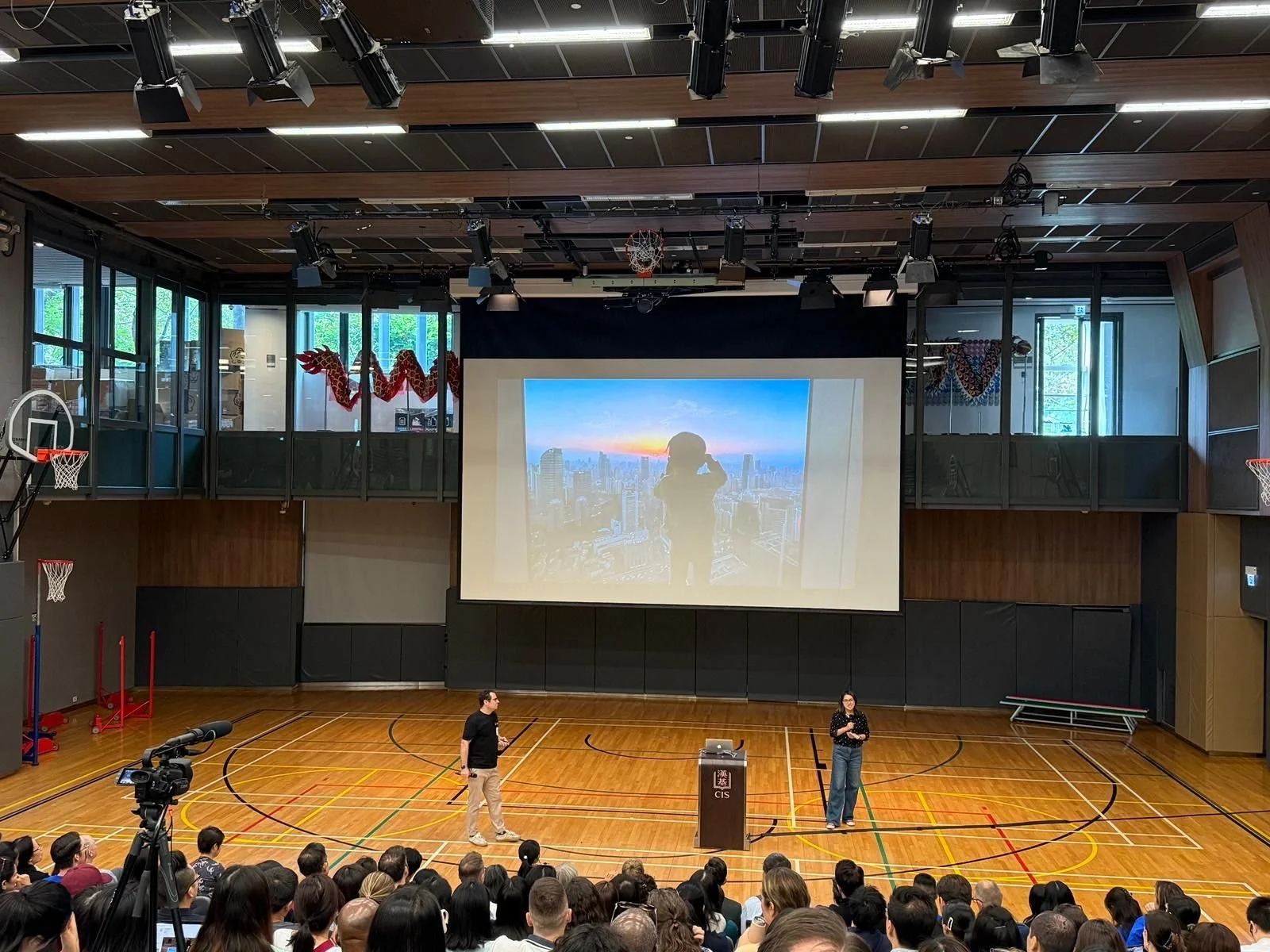Growing Educators:
Building Cultures Where Educators Feel Safe and Brave to Innovate
Building Coaching Cultures
Every classroom door I knocked on, I heard: "We don't need anything new." "We've never done this before." As a tech innovation coach, I was a door-to-door salesman with no takers. I tried weekly tech tips, lunch sessions, and curriculum integration plans. Nothing really worked. So I tried a different approach: coffee.
"Got time for a quick coffee on Wednesday? It's on me!" Behind many cups; and yes, many cold ones when teachers didn't show; I started to really know my colleagues. They weren't just names on a timetable. They were parents, musicians, travelers, hikers. They shared their lives, their struggles in teaching. And slowly, they started asking for my help.
From one collaboration to over 40 across all subjects. Then I did it again at another school. Because coaching isn't just about upskilling—it's about understanding teachers, knowing what they need, and what kind of support they need.
My Coaching Philosophy
Chairing PD Committee
When I chaired the PD Committee, I wanted to shift the culture from "professional development is mandatory" to "professional learning is exciting." We created Lunch Bites—informal, teacher-led sessions where educators shared what worked in their classrooms. We launched teachers-teaching-teachers mini-conferences within the school, creating spaces for colleagues to showcase their expertise. I built systems that made sharing feel natural and safe, and mobilized the community to collect and share external PD opportunities so everyone could access them.
Our mission was clear: promote and assess professional development to create a visible culture of learning, innovation, sharing, and celebrating. Slowly, learning became part of who we were, not just what we did.
Skills Involved
Alignment Education
Co-founding Alignment Education came from both my roles: as an educator seeing schools struggle with AI integration in isolation, and as a parent wanting all stakeholders, teachers, leaders, and families, to navigate this change together. What if we could help communities align their perspectives on AI? What if we could share what actually works in classrooms, not just theory? What if professional development felt practical and immediately useful? That's what drives me: supporting others with methods they can implement Monday morning.


